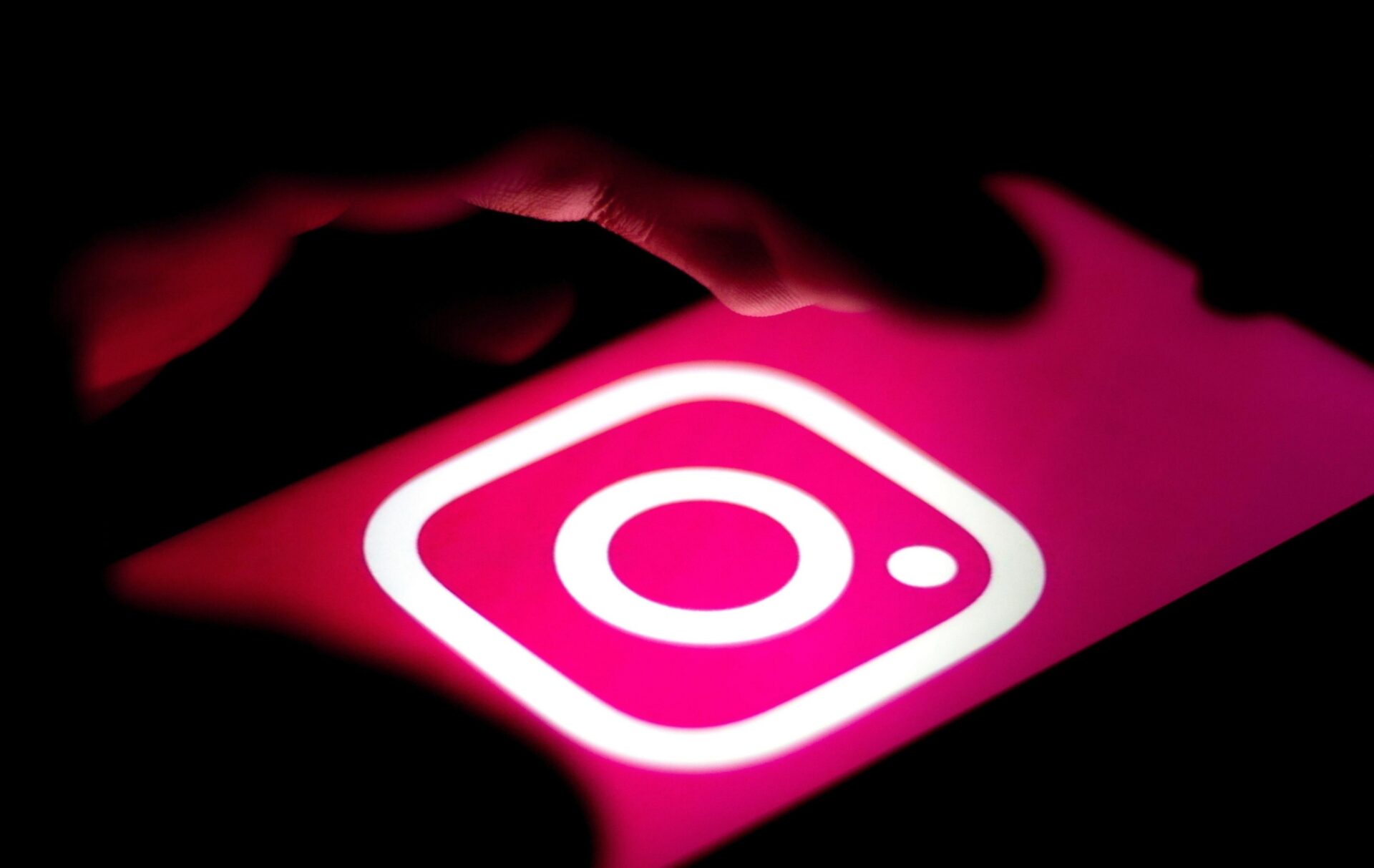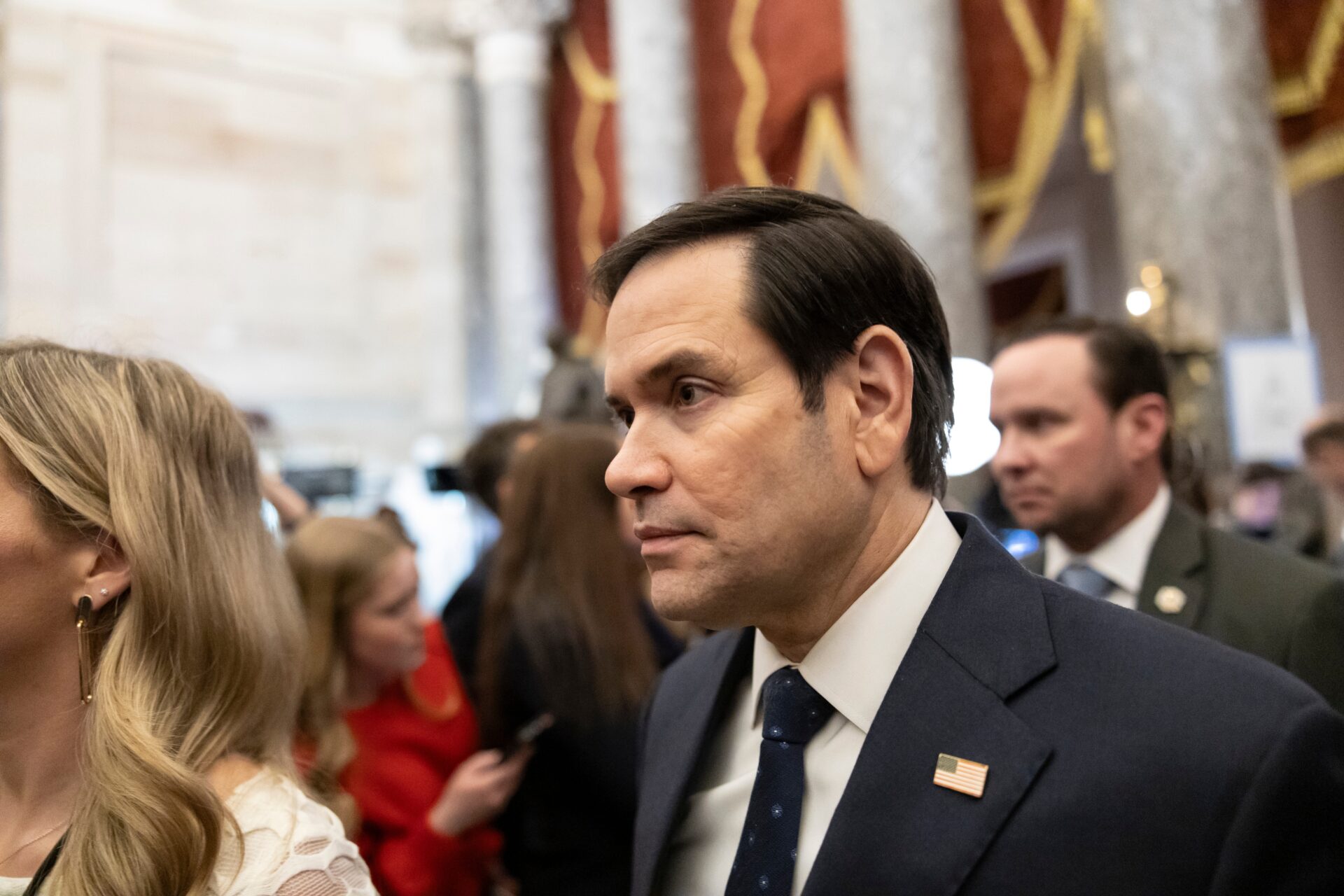
Celebrities Promote RISKY Health Fads!
Supermodel Heidi Klum’s public embrace of a months-long parasite cleanse has reignited concern over the influence of celebrities in promoting unproven health trends, raising alarms across the medical community about misinformation and its consequences.
At a Glance
- Heidi Klum and her husband promoted a parasite cleanse via Instagram in July 2025
- Medical experts say routine cleanses are unnecessary and potentially harmful
- U.S. parasitic infections are rare and linked to specific risk factors
- Social media amplifies unverified wellness trends beyond scientific consensus
- Experts warn this trend could erode trust in evidence-based medicine
The Celebrity Catalyst
In July 2025, Heidi Klum shared on Instagram that she and husband Tom Kaulitz had begun a parasite and worm cleanse. Her announcement, framed as part of a broader wellness routine, claimed that such organisms are universally present and should be purged regularly. Within hours, the post generated millions of views, fueled by enthusiastic endorsements and viral engagement from fans and wellness influencers.
Watch now: The parasite cleanse trend Is DANGEROUS and DUMB · YouTube
Klum’s message reflects a growing phenomenon in which public figures use their platforms to champion fringe health practices. Despite lacking scientific validation, these trends often go unchallenged in public discourse, particularly when wrapped in language about “detox” or “natural health.” As with similar celebrity-promoted regimens—ranging from raw food diets to infrared saunas—the parasite cleanse has quickly gained cultural traction.
Science vs. Hype
Health professionals have responded forcefully. Gastroenterologists and infectious disease experts state unequivocally that routine parasite cleanses are not needed for individuals in developed countries. Infections are rare in the U.S. and typically result from specific exposures, such as travel to regions with poor sanitation or consuming raw or undercooked food.
In addition, some of the herbal compounds used in over-the-counter parasite cleanses may contain ingredients associated with liver toxicity, allergic reactions, or neurological complications. Experts stress that there is no clinical evidence supporting the broad use of these products, and warn that using them without medical supervision may do more harm than good.
Despite these cautions, the wellness market has seen an uptick in sales of supplements marketed for “parasite removal” and “intestinal detox.” Consumers—motivated by anecdotal testimonials and celebrity endorsements—often bypass healthcare consultations in favor of products readily available online or in wellness stores.
A Systemic Problem
The Klum episode has drawn renewed scrutiny toward the unregulated nature of the wellness industry. Supplements and detox products are subject to far less regulatory oversight than pharmaceuticals in the U.S., allowing for aggressive marketing and exaggerated health claims. Social media platforms, in particular, serve as powerful accelerants, with algorithm-driven exposure magnifying unvetted messages while minimizing dissenting scientific voices.
Healthcare providers report an increase in patient inquiries about parasite cleanses since Klum’s announcement. This trend illustrates how quickly misinformation can influence behavior—even among individuals who otherwise trust medical institutions.
Some public health officials are calling for stronger labeling regulations, transparency in supplement advertising, and accountability for celebrity endorsements of medical claims. Others emphasize the need for enhanced health literacy campaigns to equip the public with tools to critically assess such trends.
The Road Ahead
The spread of unproven wellness routines poses a complex challenge. On one side is the cultural clout of celebrities and influencers; on the other, the slow-moving machinery of evidence-based medicine. As both forces contend for public trust, the outcome may hinge on regulatory action and educational outreach.
For now, experts advise caution. Routine parasite cleanses, they say, are not necessary for most individuals and carry potential health risks. The broader takeaway is clear: medical decisions should be grounded in verified science, not social media trends.
Sources
HOLA!
Centers for Disease Control and Prevention
Johns Hopkins Medicine


